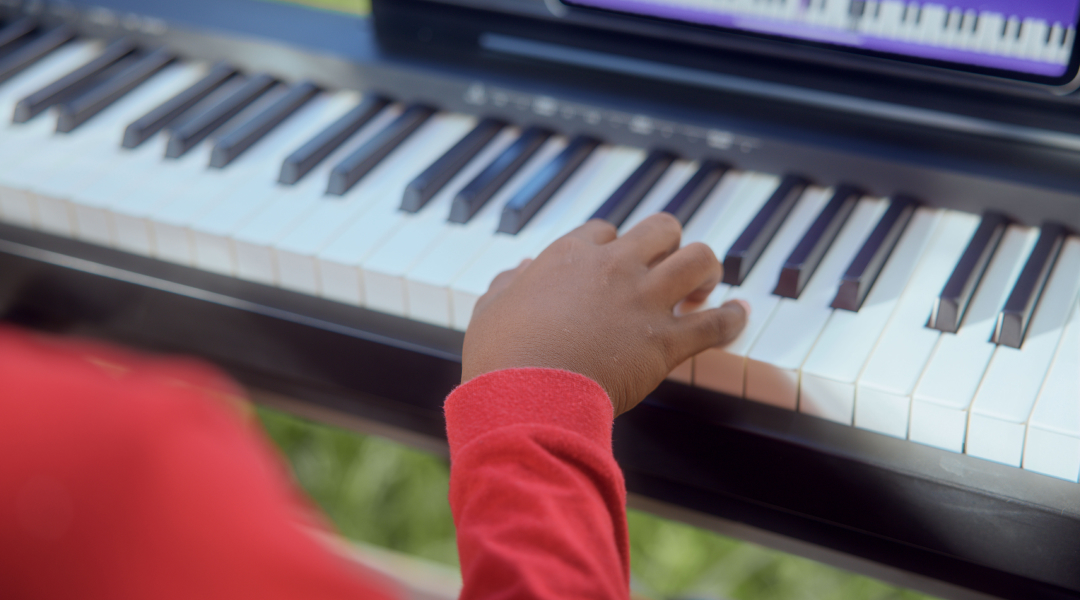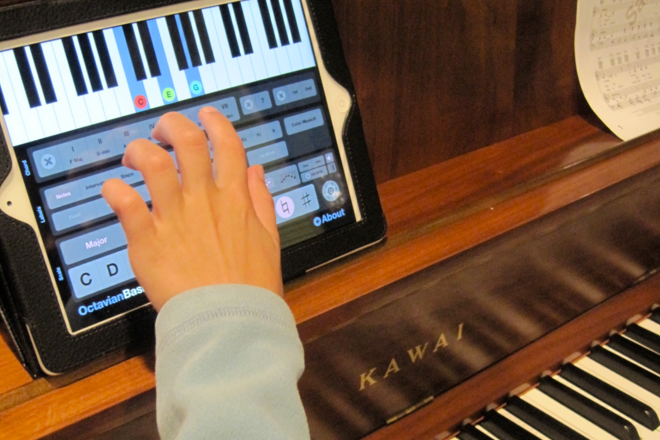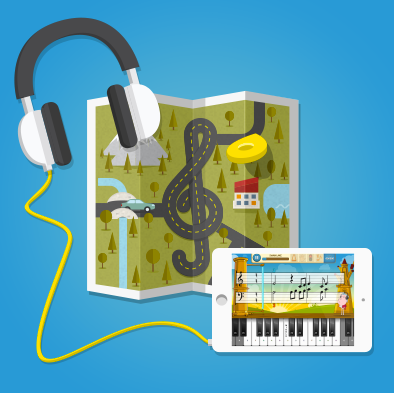Education and Gamification
Are you hesitant to allow your child more time with electronic gadgets? It seems the
latest apps and hottest gaming systems steal valuable time from other important activities like reading, riding bike, catching bugs, telling stories, drawing, practicing piano and more. As much as this may be true, it is important to recognize that not all apps are designed to be purely addictive entertainment. More and more education-based apps have transformed a tablet into a learning center. The most successful educational apps use game-playing tactics, instant feedback and layer the experience with fun. This combination has been trademarked gamification.
We like to win
“The thrill of victory and the agony of defeat.”This catchphrase from ABC’s Wide World of Sports aired decades ago still rings true today. The thrill of victory obviously outweighs the agony of defeat as we witness athletes, politicians, sports teams, lottery players, spelling bee contestants, musicians, and countless others pursue what it takes to win even if they have previously suffered the agony of defeat. Why? Because winning is SO pleasurable.
We like games
You can’t win unless there is something to lose which ultimately means there must be a source of competition: a game. The Olympic Games demonstrate the world’s fascination with gaming as the obsession crosses all borders, governments, demographics, and time zones. Millions will sacrifice sleep to observe world-class athletes
- finish in triumph collecting the gold
- face disappointment missing the medal podium by a tenth of a point
- fall in despair shattering a lifetime dream.
Closer to home, stacks of board games, decks of cards, the latest X-box system or apps are enjoyed regularly in most family rooms.
We like to play
Stating the obvious, a game requires play. The components of play—curiosity, discovery, risk-taking, social etiquette and other activities—are the same as those needed when acquiring a new skill. No one seems to mind playing. It turns out that “children at play are like pint-sized scientists testing theories.”Research has found that play is not only important for kids; it’s a crucial part of what makes all humans so smart.”
We like to do it again
In any worthwhile game, earning a victory usually demands a number of attempts. The lure of a challenge combined with the drive for a “W”wrapped up in fun will hook any gamer to repeat any task over and over until it is mastered.
Do the Math and Play the Music
WIN + GAME + PLAY + REPETITION = LEARN
Learn what? Virtually anything worth doing. For example, playing an instrument requires attaining new skills which makes it a perfect candidate for implementing “gamification.”
Gamification = the application of typical elements of game playing—point scoring, competition with others, rules of play—to other activities in order to encourage the learning new skills.
We like to succeed
Learning how to create music on an instrument is a challenge at which most wish to succeed. Unfortunately, at the onset, there can be little satisfaction. Much like signing up and going to a gym every day, it is difficult to see progress from day to day, even week to week. In fact, in 2010, a Gallop survey conducted in the US showed that nearly 85% of all people who started to learn a musical instrument quit in their first year or two. The world of traditional music education is fighting for the hearts of music beginners as many suffer the “agony of defeat”thanks to the steep learning curve and never get a chance to taste the “thrill of victory.”
With a non-traditional approach, Guitar-Hero, one of the pioneer video games that combined gaming and music making, lead to a burst of converts seeking to study guitar thanks to the power of gaming.
This proves that using tactics similar to those of games and especially video games can result in progress at an instrument—even in small, measurable increments. For instance, understanding and reading music notation is challenging and requires adequate sequential instruction accompanied with a good deal of reinforcement. By using game mechanics, and instant feedback, early musicians can practice and enhance reading skills by playing—having fun—rather than through the normally tedious and often frustrating traditional modes.
We like to play music
Any skill worth having takes determination. Most would agree that learning an instrument is worth the weeks, the months, the years of tedious practice and even the occasional agony of defeat if the process remains fun and ultimately leads to the thrill of music making.
Piano Maestro, developed by JoyTunes for practicing the piano, is ranked the number one educational app in the US and 20 other countries. Sensitive to the power of gamification, Piano Maestro successfully combines the lure of video games, shiny graphics, and trendy music to create a teacher-and-parent approved app. The developers dangle “carrots”in front of young pianists by offering a growing library of familiar repertoire and even the latest current pop hits. The app requires no extra wires, just an iPad or an acoustic instrument. Players must play the correct notes on the keyboard as they stream across the screen. Once a piece is finished, the app provides immediate feedback on timing and accuracy. If three gold stars are awarded, the next piece is unlocked and the student moves up in rank. This virtual experience creates a dynamic and beneficial practicing experience for any budding musician all in the spirit of fun.
Should tablets take the place of completing homework, dancing, swinging, playing? Absolutely not. However, there are substantial reasons to allow your child time with educational-based apps that tune into the power of gamification. An iPad is a relevant and critical tool for learning new skills and will keep your budding musician engaged with making music even when the going gets tough. Keep this in mind when searching for a music teacher and a positive learning environment for your future music maker.









